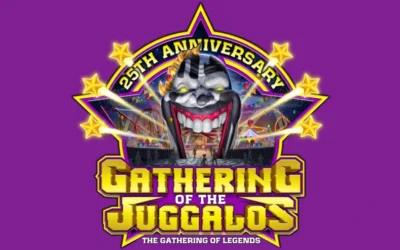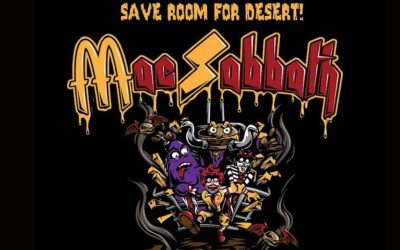Proving the global scope of this issue, in Germany recently, a concert promoter challenged the secondary ticket market in court and was granted a preliminary injunction against a ticket resale portal and its parent company for selling tickets to the German leg of the Depeche Mode world tour on the secondary market.
The ruling however, contrary to what was reported in much of the media, does not limit or ban the secondary market in Germany. Instead, the decision restricts an online portal, Ventic, from selling tickets that were obtained directly from an official ticketing agency without revealing their intent to resell them. Conceivably, the decision could be used to bring other resale brokers to court, but as it stands, the decision is meant to prohibit a small number of Depeche Mode tickets from ever seeing the market.
In injunction proceedings, Frankfurt-based concert promoter Marek Lieberberg of MLK Promotions (the exclusive promoter of the German leg of Depeche Mode’s Tour of the Universe 2009) took online ticket portal Ventic and its parent broker company, SmartFox, to court for selling Depeche Mode tickets at inflated prices before the official on-sale date. SmartFox had obtained the tickets directly from MLK’s distribution system, CTS Eventim, Live Nation’s ticketing partner. In Germany, CTS Eventim sells tickets for promoters like MLK at a markup. According to MLK terms and conditions, commercial resale of tickets for the Depeche Mode tour is prohibited.
Yet according to an industry source within Germany, CTS Eventim claims not to be the main contractor for the Depeche Mode Tickets, meaning the legalities of accepting the rules of the promoter when you’re working with the middleman (CTS) is open to question.
In its ruling, the Munich District Court approved the injunction after finding proof that Smartfox had indeed purchased or arranged to purchase Depeche Mode tickets from MLK while concealing their intention to resell. The ruling relies on a September 2008 Federal Court decision in which it was stated that brokers who purchase tickets from authorized/official agencies while concealing their intent to resell had committed “fraudulent purchase.”
Dr. Johannes Kreile, in-house counsel for one of the concert associations (VDKD) that supported MLK in the proceedings, told Billboard, “Smartfox had deliberately obstructed the MLK sales concept in contravention of competition law . . . The sale of tickets purchased in this way was anti-competitive, irrespective of whether the third party subsequently sold them or if they were sold via a ticket portal.”
The injunction, however, does not totally prohibit Smartfox—or the rest of Germany’s resale industry—from selling tickets on the secondary market, even tickets for the upcoming Depeche Mode shows. So long as the tickets were obtained with the intent to sell, on free platforms, or from individuals who can no longer use their purchased tickets, brokers are free to do business. Smartfox’s Ventic is one of the largest re-sale portals and since 2006 fans have had the option of selling their tickets through the Web site.
Smartfox CEO Martin Josten told Billboard, “There are only a very few markets where people are so hypocritical as in the ticket market. Primarily it is the honest fan that has to be protected. However, in fact promoters are in direct or indirect contact with competitors like Smartfox, e.g. through their own platforms or ‘sharing exchanges,’ and try to get rid of an unwanted competitor through the courts.”
Previously, Smarfox has won similar court cases brought by promoters or else the suits were withdrawn.





